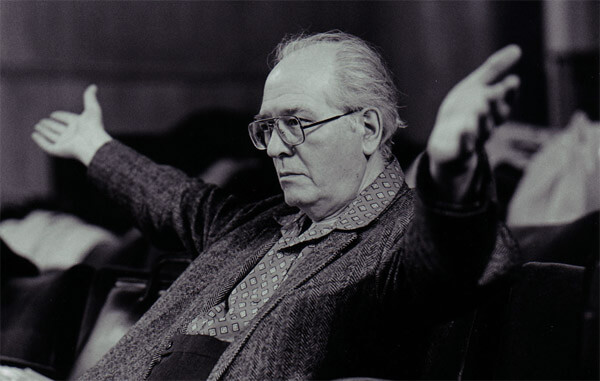What should you be listening to? This edition’s answer is a weird one—Quartet for the End of Time, composed by Olivier Messiaen. Now, since there is no original recording—it was composed and performed in a German prison camp in World War II—I would go with the recording that lists Vera Beths as a primary contributor.
This is an experimental work of classical music, born out of an environment of stress and limitation. The instruments were broken, the score was written on paper provided by a prison guard, and the first performance was outside in the rain, to prisoners and guards, for a reported audience of somewhere near 400. Why should you care about this? Here’s the lesson I take away: human beings can produce astonishing beauty from anything, even if the ingredients are restraint, scarcity, and confinement.
Why else should you listen? This work has a clear influence on film scores, and the first time I listened to it I could hear Hitchcock, Psycho, horror films, with a splash of Fantasia dropped in the mix. We live in a time where film scores are not immediately recognized as individual works of art, but this piece should remind us that the sonic emotion many directors seek to bring to the screen originated in an entirely different genre and expression. The notes on the page really could enhance the images on the screen by adding real meaning, not just ambiance.
Lastly, I’ll say this. It’s super dope, entrancing, fascinating, weird, and different. That alone is reason enough to give it a listen. I first heard of this work and its story in a novel I was reading. I immediately went and listened to it and have yet to experience anything similar. Put your headphones on and listen to it in the dark.
This work gets 5 out of 5 chicken wings.

By Dr. Chuck Rybak
Chuck Rybak is the Dean of the College of Arts, Humanities, and Social Sciences at the University of Wisconsin-Green Bay, where he teaches literature and creative writing. He is the cohost of the Canonball podcast.
